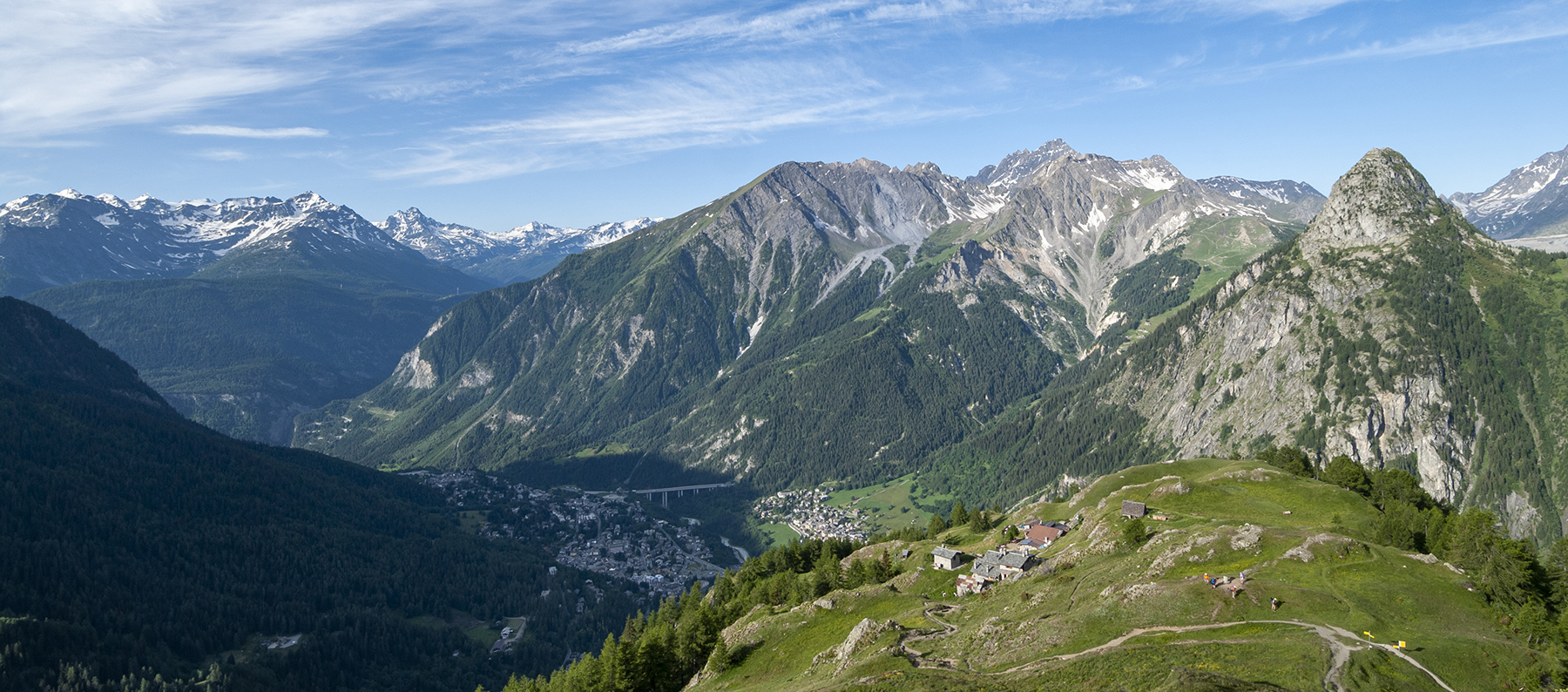While mountains have long been a territory in crisis, isolated from development hubs and in need of compensatory policies, they are now at the forefront of the development of a sustainable society.
 © Leïla Shahshahani
© Leïla Shahshahani
From an environmental point of view, mountains are particularly exposed to the effects of climate change. The tourism-based economy makes mountain regions vulnerable. The specific features of this natural environment increase the risks associated with global warming or climate change: flooding, landslides, glacier melt, for local residents but also for surrounding regions. As such, mountains represent an observatory of global change, as well as a possible demonstrator of preventive, protective or corrective measures in a transition perspective.
From the point of view of international issues, the mountain is an object recognized by political communities and scientific bodies: International Year of the Mountain, International Mountain Day, dedicated scientific journals, the Alpine Convention, research networks (Iscar), management networks (Alparc) or citizens’ networks (Cipra), structuring intervention programs (Intereg Alpine Space). By placing mountains at the heart of political and territorial issues, the European Union’s Strategy for an Alpine Region (Suera) aims to establish an original form of governance for a region sharing common sustainability challenges.
The diversity and richness of the scientific, environmental, political, social and economic issues at stake have led Labex ITTEM to position the mountains as a laboratory where global societal problems are particularly acute. Since 2011, Labex ITTEM has demonstrated its capacity for initiative, launching new topics and projects, and building a scientific “community” committed to research that transcends disciplinary and academic boundaries.
The extension of the Labex for five years (2020-2024) means that the approach of the mountain as a “laboratory” can be complemented by its function as a “demonstrator” of the transition of mountain societies and territories, through four major themes: the transformation of the relationship with nature, of public action and of the management of mountain environments; tourism and recreational transitions; mobility, energy and communications: the territorialities of transition; a transversal reading grid: the mountain as demonstrator. The social sciences have their say on these issues, in close cooperation with the environmental sciences.
